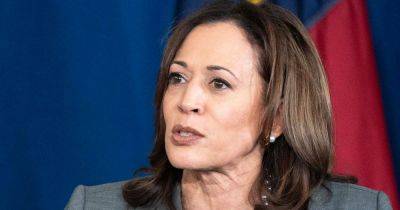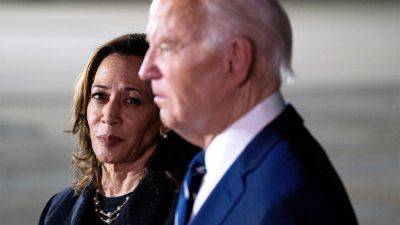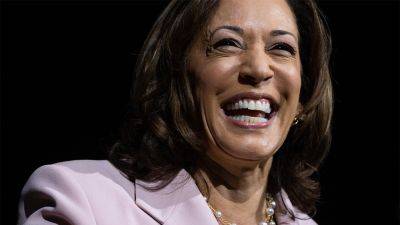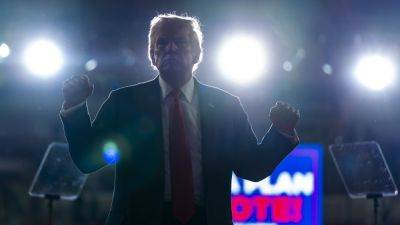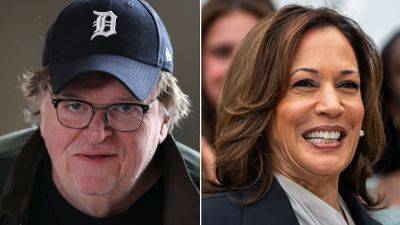Who’s Afraid of Being Black? Not Kamala, Beyoncé or Kendrick.
Vice President Kamala Harris didn’t take the race bait.
A few hours after Donald J. Trump falsely claimed that she suddenly decided to become “a Black person,” Ms. Harris reminded the crowd at a Black sorority convention in Houston that Mr. Trump was resorting to a familiar script. It was the “same old show,” she said, of “divisiveness and disrespect.”
She chose not to deflect attention away from her multicultural heritage or to double down on it. That tactic nullified an implication that being Black is something that needs to be authenticated, explained, disavowed or defended. It underscored that Blackness isn’t something that can be turned on or off.
Like Ms. Harris, my father is the child of an Indian mother and a Black father. Both he and his parents were born in and emigrated from Trinidad and Tobago. Because of him, I saw up close what Ms. Harris is conveying: that it’s possible to refuse to pit one heritage against the other even as you embrace Blackness as your primary political identity.
“My mother understood very well that she was raising two black daughters,” Ms. Harris wrote in “The Truths We Hold: An American Journey,” her 2019 memoir. “She knew her adopted homeland would see Maya and me as black girls, and she was determined to make sure we would grow into confident, proud black women.”
Ms. Harris, like my dad, considers her Blackness something to be celebrated and, at times, protected.


